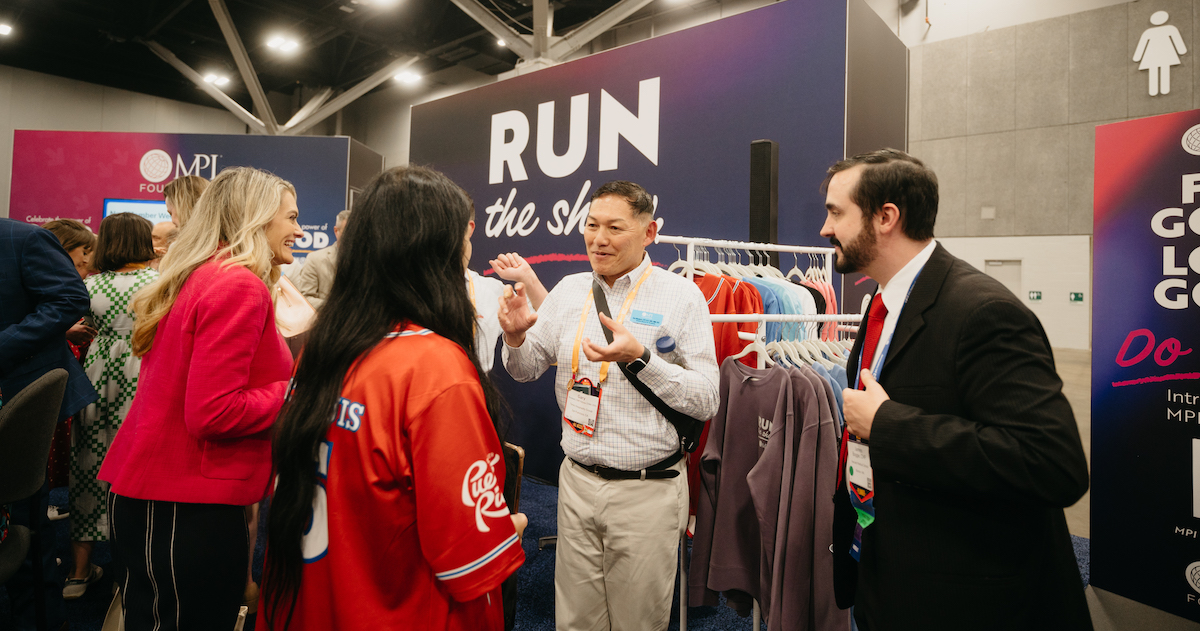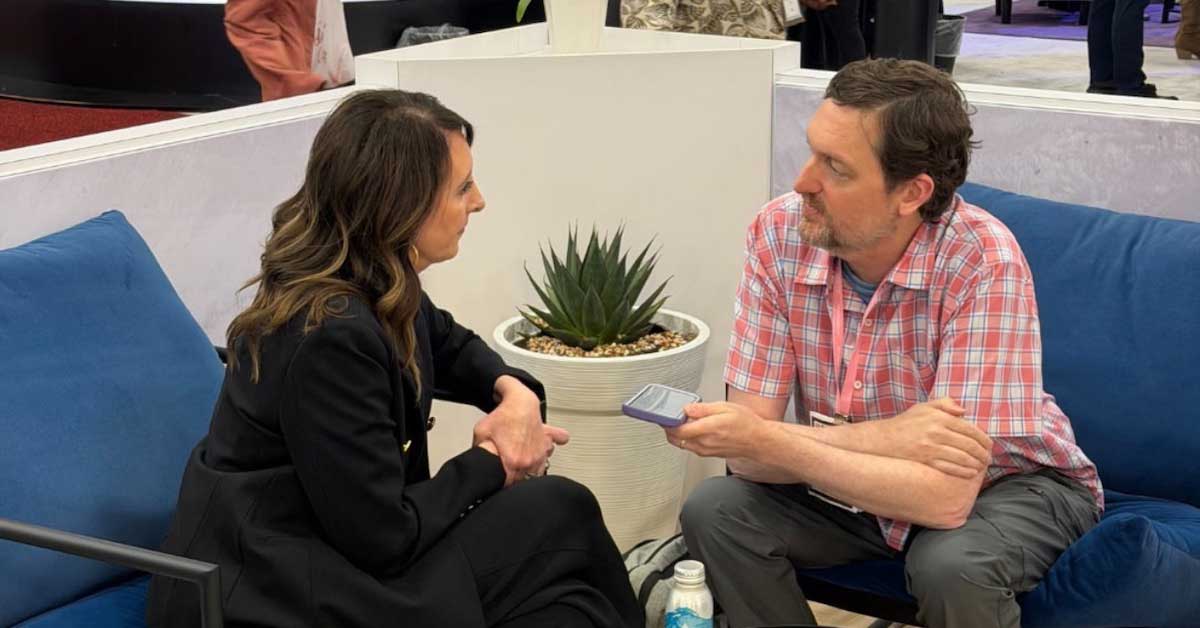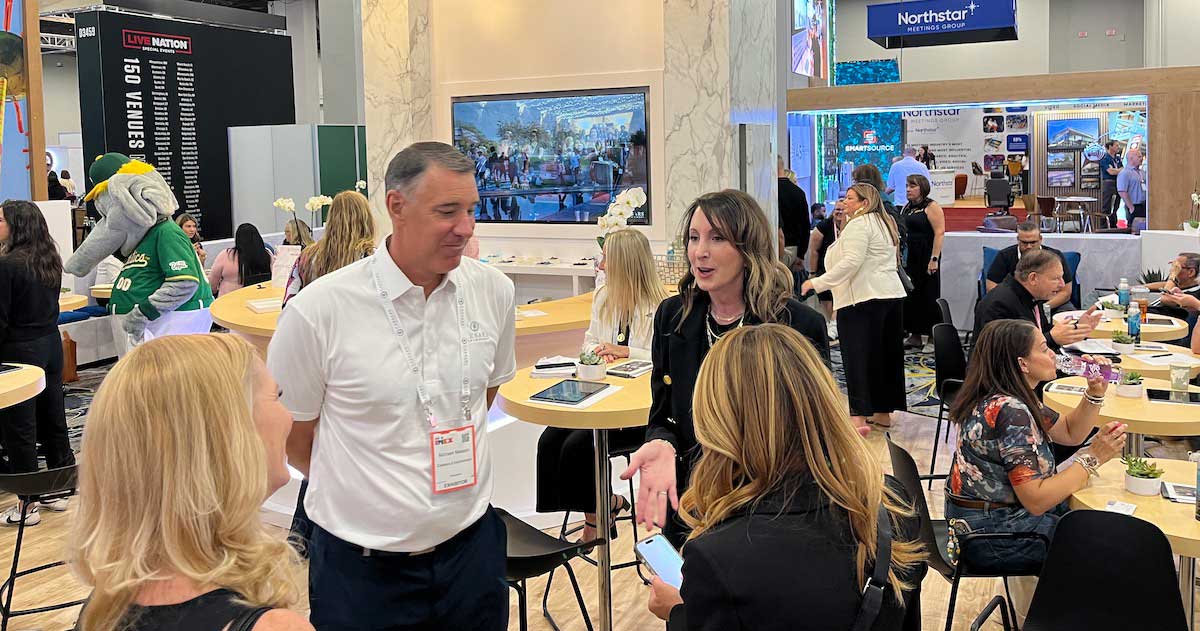Mental wellness and group dynamics have changed over the last few years. Career strategists and coaches Vimari Roman and Rachelle Stone address some of these developments ahead of their 2024 World Education Congress (WEC) session, “Building Mental Fitness: The Path to Team Success.”
How has the pandemic changed professional group dynamics?
Roman: With the widespread adoption of remote work, interactions have shifted to virtual platforms, altering how teams collaborate and communicate. The reliance on virtual meetings and remote collaboration tools has become indispensable for maintaining productivity and connectivity. However, leaders are facing challenges in navigating and leading hybrid workforces, as they haven’t received adequate training for this new dynamic. Moreover, the pandemic has underscored the importance of flexibility, adaptability and empathy in professional relationships. Looking ahead, I anticipate a growing need for employers to invest in team professional development training, particularly focusing on building mental fitness to address the challenges.
Similarly, how has awareness of and engagement with mental health been impacted?
Stone: The pandemic has brought mental health to the forefront of discussions in professional settings. There has been an incredible uptick in willingness to discuss it and a greater emphasis on destigmatizing it (although comfort with the topic varies by generation) but we are talking about it!
Remote work, social isolation and uncertainty have exacerbated stress and anxiety for many individuals. Individuals are looking for ways to support their overall mental wellness. The support they are looking for is different from what is currently being provided, such as access to support circles or 1:1 coaching and the ability to openly dialogue with their manager without fear. Other helpful resources include accommodations such as quiet workspaces or places to unplug during the day if in the office, flexible schedules and No-Meeting Mondays (or Fridays), to name a few.
It would not surprise me to see job co-sharing very soon as a solution for many who want to stay in a career they love without burning out and pursue outside activities that better support their mental well-being.
Employers are looking at how they are conducting business and what the impact of their expectations on their people has been. I appreciate this. Those doing the tough inner look have an increased awareness and interest in providing a psychologically safe environment for their people. They see the benefits of providing psychological safety training, coaching skills development and mental health awareness training. Companies also see the need to invest in training for middle managers. Managers have the highest level of burnout across all companies due to being in unattainable positions needing to deliver leadership strategies and deadlines with limited resources and even less leadership development training. They are leading teams who often feel unheard, unseen or afraid to share their true well-being status. Corporations are starting to see this as a high-priority area in which to invest.
Do you think meeting/event professionals give their own mental health enough attention? Can you share some recommendations on how event pros can give their own mental health—and that of their peers—the attention it deserves?
Roman: It’s unfortunate that meeting and event professionals often prioritize the success of their events over their own well-being, a trend I’ve observed throughout my career and continue to witness. Now, more than ever, the toll on professionals within the industry is evident, with many experiencing fatigue and burnout.
Recognizing the importance of self-care and prioritizing mental health is essential. Despite knowing they should, many event professionals struggle to make time for it. Some practical recommendations: take a day off after a large event, set boundaries to manage workload, practice mindfulness and stress-management techniques, seek support from peers and mentors and schedule regular breaks to rest and recharge.
Leaders can support this by fostering open communication about well-being, creating a supportive environment where professionals feel empowered to seek help when needed.
Stone: This is a mixed bag and is both generational and pandemic driven. Most meeting and event professionals are in this business because they love travel and thrive on the pressure and tight deadlines and love pulling it off. Planners who play as hard and as often as they work tend to maintain the best mental well-being and rarely burn out. They know when to step back and rest, and they know when to drive hard. As a coach, working with a hotelier or planner who is exhausted, mentally tapped out, no longer loving their work and unsure how to proceed isn’t unusual. A career they’ve always loved is suddenly a burden and heavy lift. These are the people most at risk of burning out and suffering from poor mental well-being.
Some actionable steps to maintain better balance include:
- Take the time to learn what it takes to truly build a mental fitness practice. Getting mentally fit supports your overall well-being, just like working out contributes to physical fitness.
- Block out pre-event self-care time when you know you have a heavy lift coming up, and then block post-self-care time for yourself after a heavy lift event. This is more than the weekend; it is extra time to catch up on yourself.
- Block out your self-care time on your calendar and treat it like an appointment with your most important client.
- Make time for physical fitness, social outings and tank-filling activities. These tank-filling activities are part of everyone’s self-care routine and will look different for everyone, but imperative to one’s mental well-being.
- Bookend your days with rituals that support your wellness. This means a healthy morning routine and good bedtime hygiene that supports good sleep. Our bodies repair and refresh when we sleep; if you are not getting quality sleep, you will not perform at your best. At a minimum, do not bring your phone into the bedroom at night. I understand this is hard for many in the meeting industry, but you must take time away from your devices for your own mental well-being.
- Rest. This is different from sleep. Give your brain, body, eyes and ears a break.
- Eat right and exercise. No exercise? Walk, please! Do something—anything—to move your body. There is science behind this, just like for rest and mental fitness.
Your ability to respond to life’s challenges from a positive rather than a negative mindset, especially in hospitality, is a game-changer!
What’s your go-to stress relief? What actions do you take to help avoid professional burnout?
Roman: My go-to stress relief activities include walks with my dogs, spending time in nature and engaging in volunteer activities that bring me joy. To avoid professional burnout, I prioritize life integration, set realistic goals, delegate tasks to my assistant, when possible, take regular breaks to prevent overexertion and I prioritize my sleep. It’s important to recognize the signs of burnout and address them proactively by seeking support and making necessary adjustments to workload and responsibilities.
Stone: I schedule my time out of the office based on when the next great low tide will be. I love shelling and beach walking; they are tank-filling activities for me. I also love volunteering for events and walking my dog. For physical fitness, I hike and practice Pilates and Pvolve. For creative pursuits, I love doing art projects with the shells I find on the beach.
What do you hope attendees take away from your session?
Roman and Stone: We hope attendees gain a deeper understanding of what mental fitness is and the importance of prioritizing it in the workplace, particularly in the context of the meeting and event industry. We aim to provide practical tools and resources for attendees to start mental fitness practice and connect the dots on personal wellbeing as a path to team success. Ultimately, we hope to inspire a culture of care and compassion within the industry, where mental well-being is valued and prioritized.







